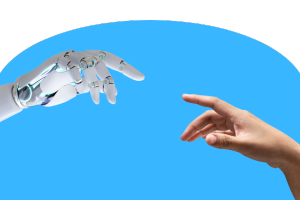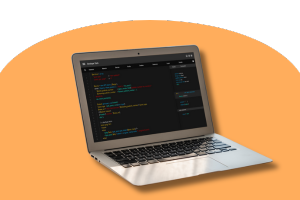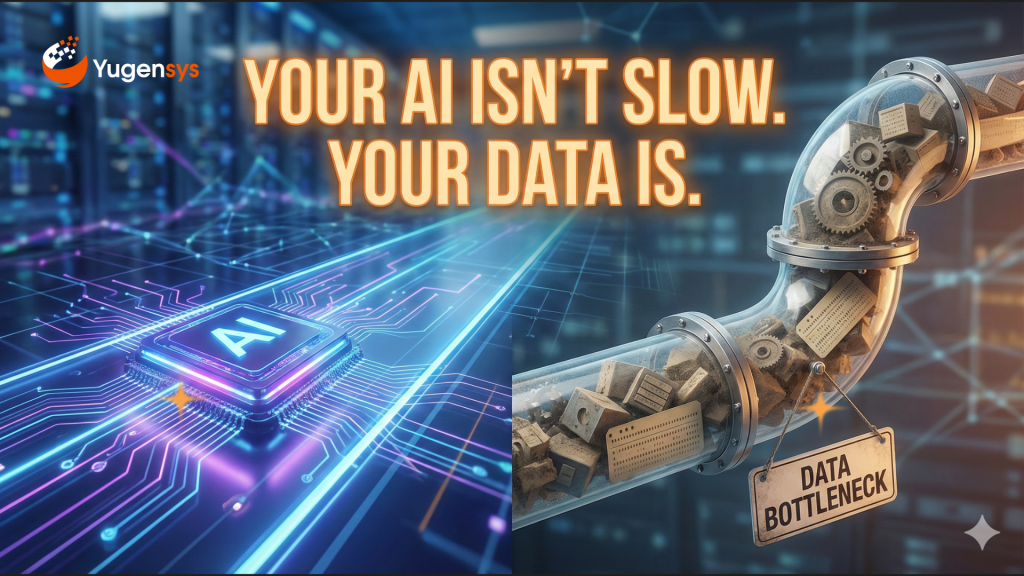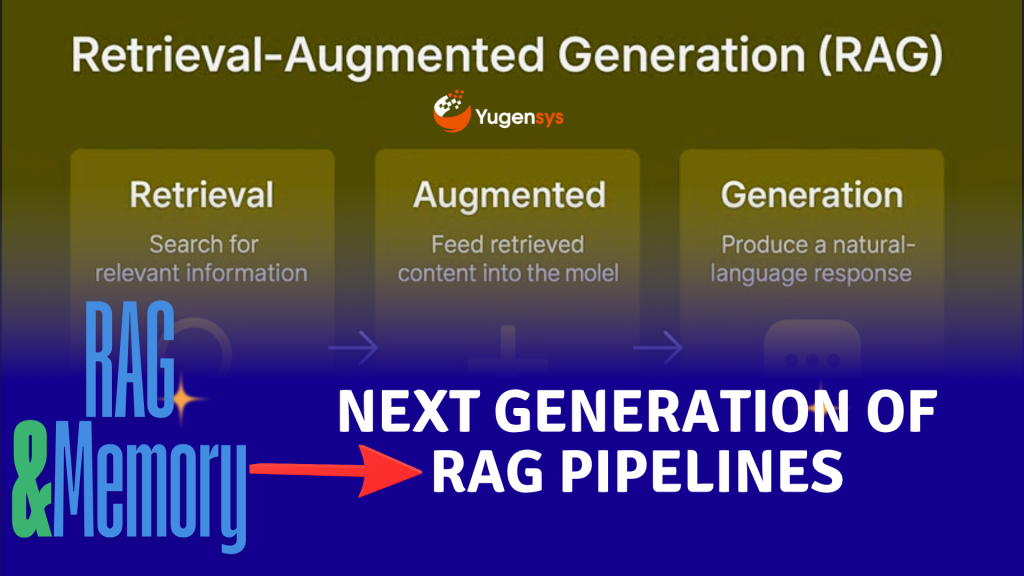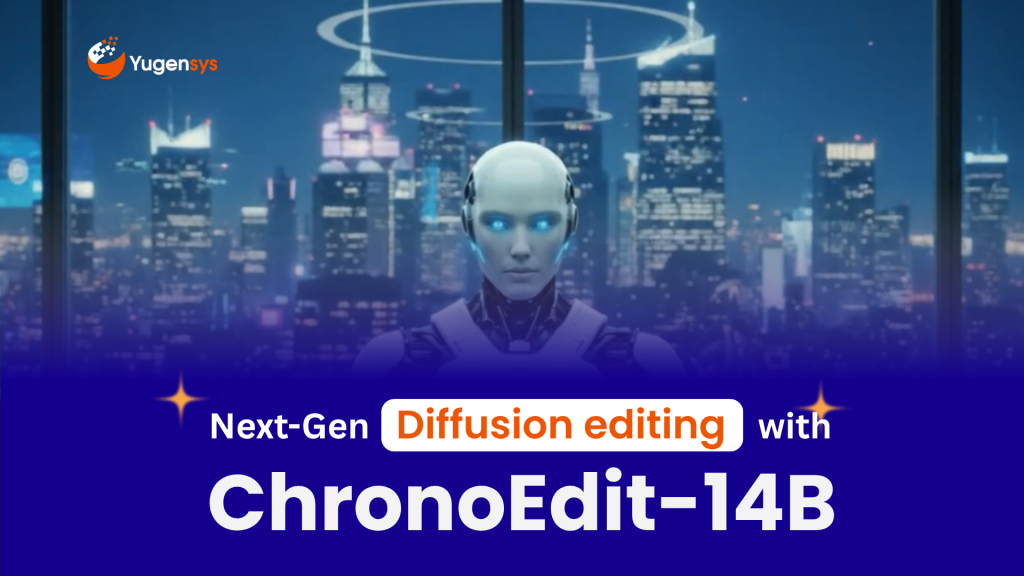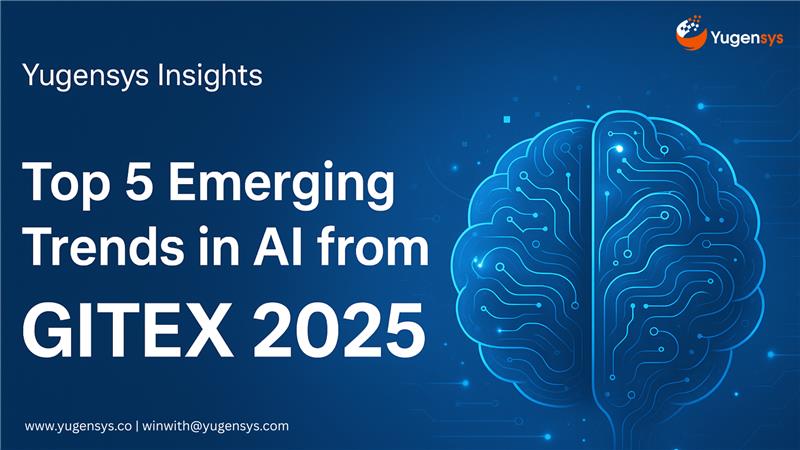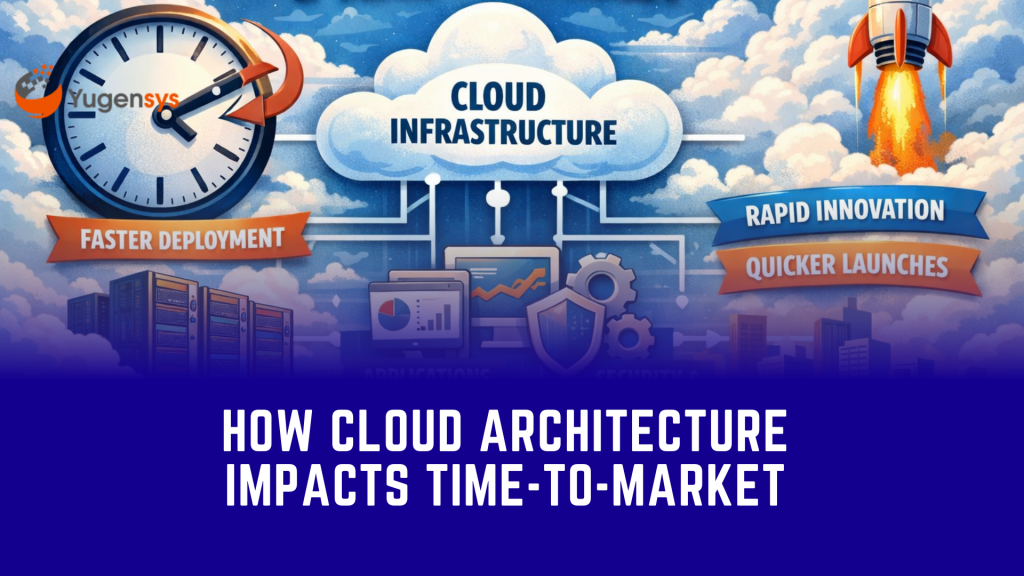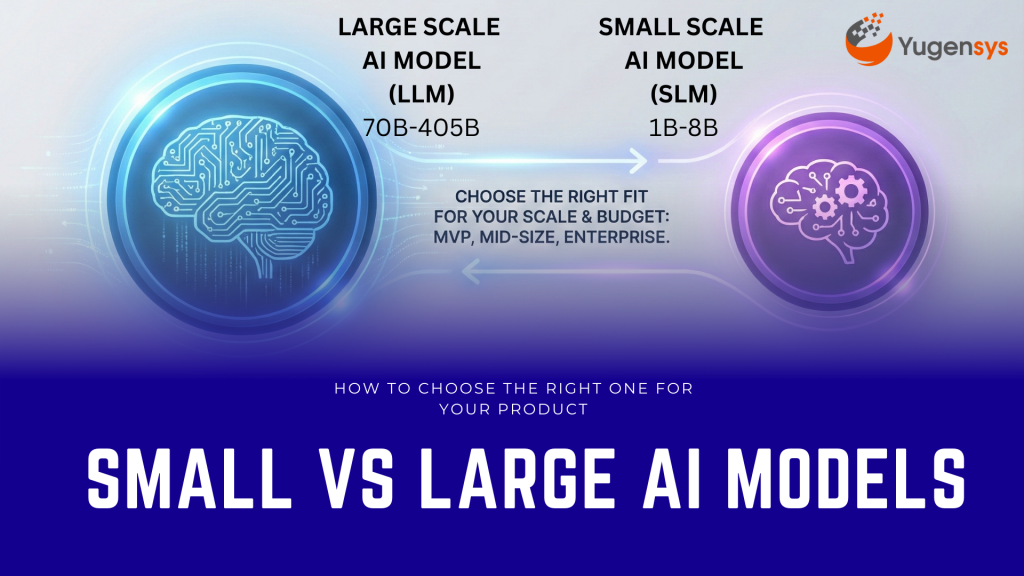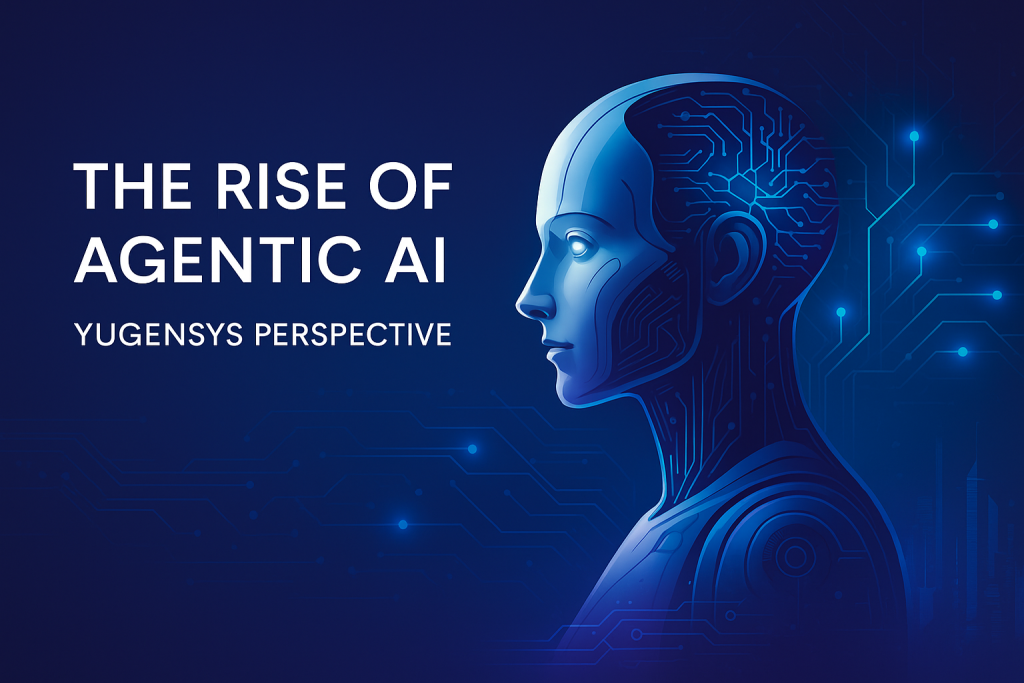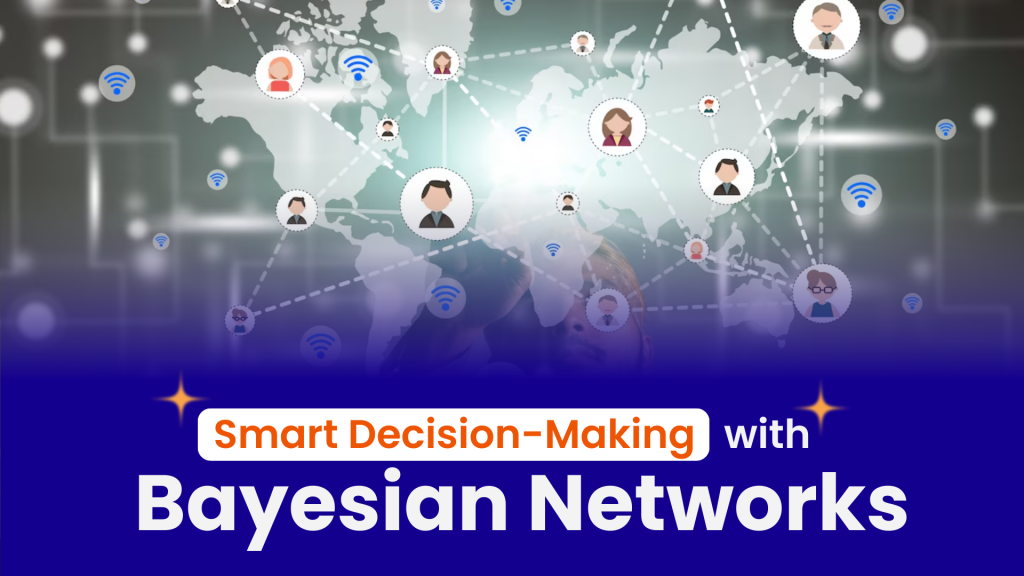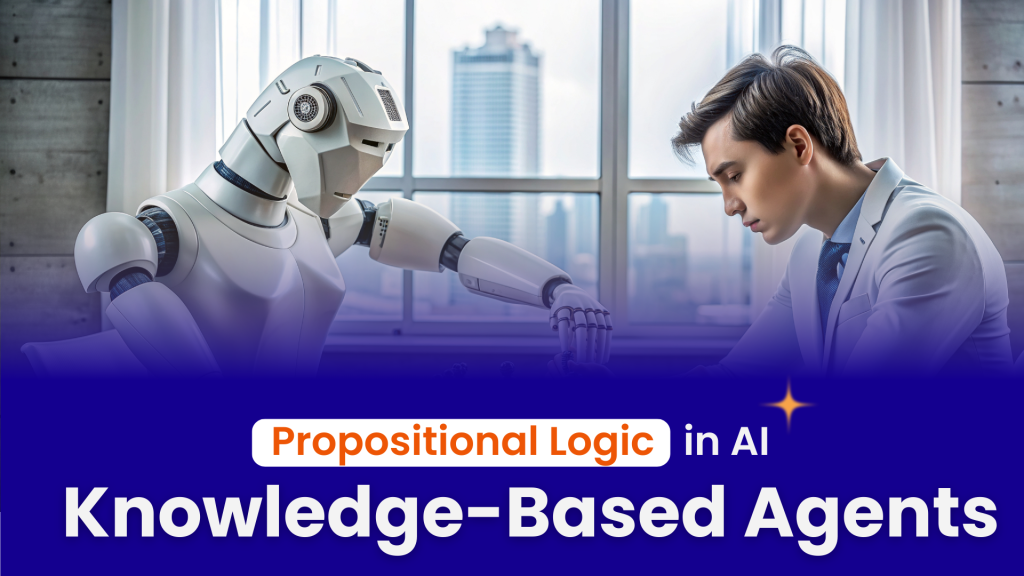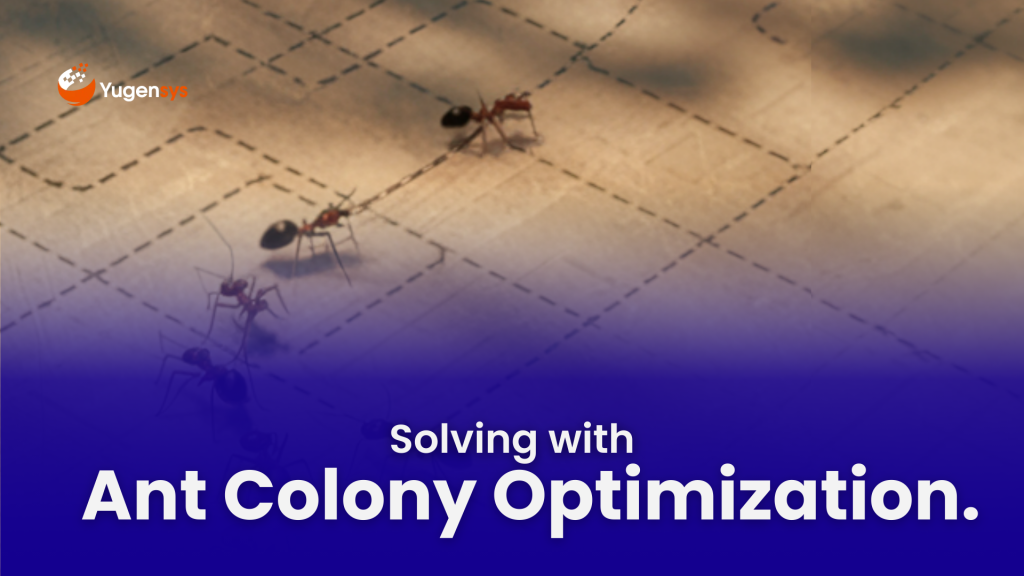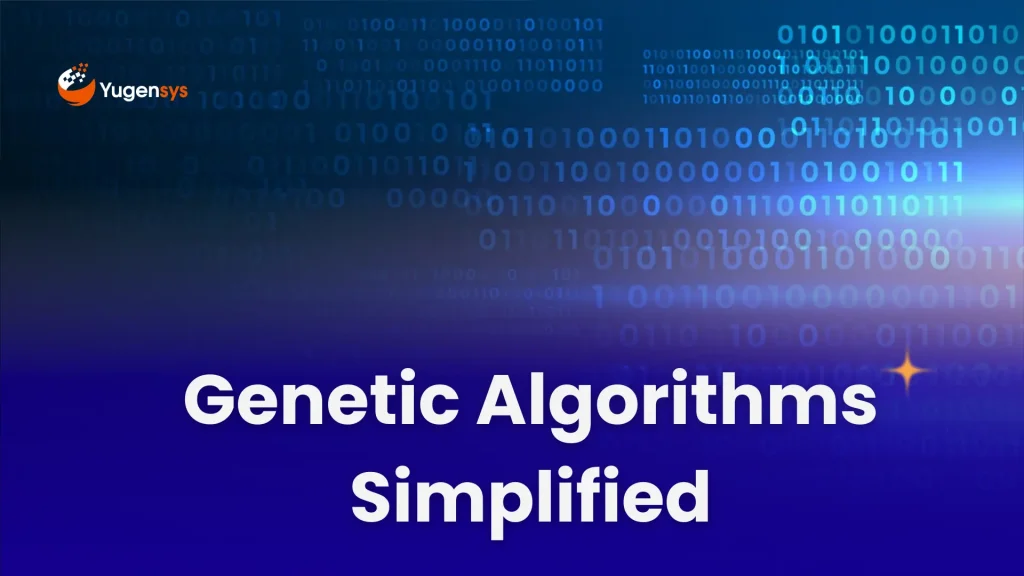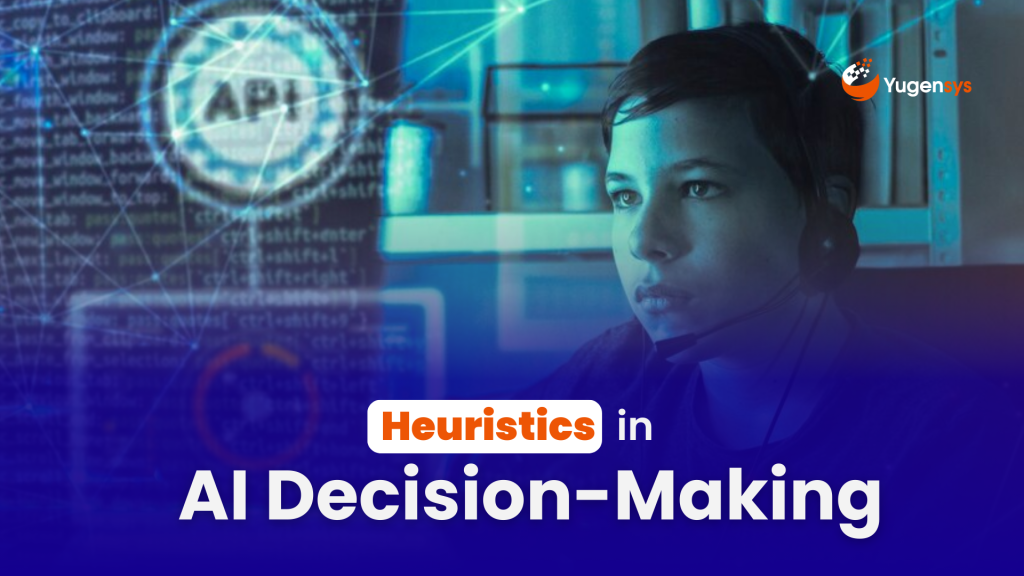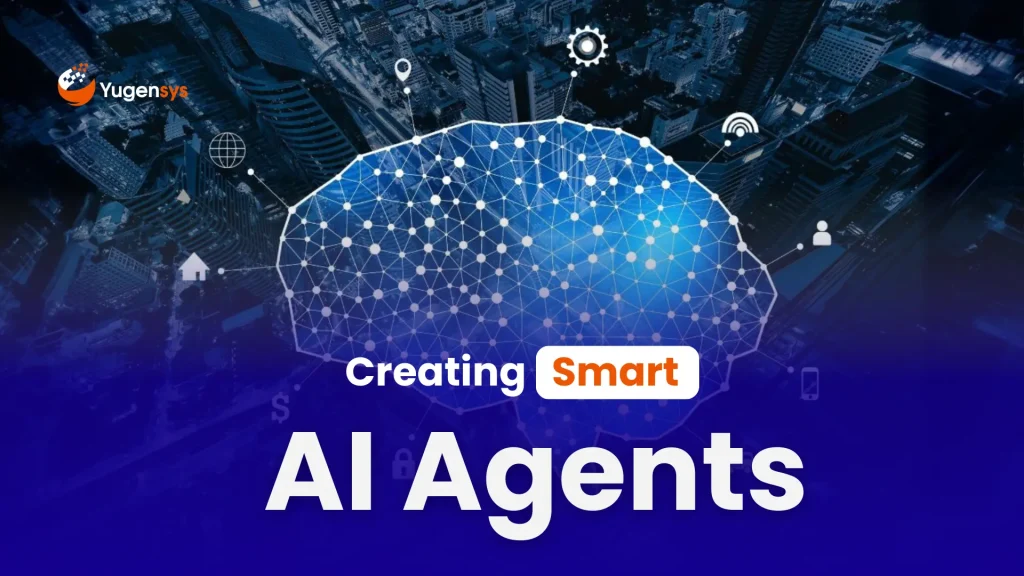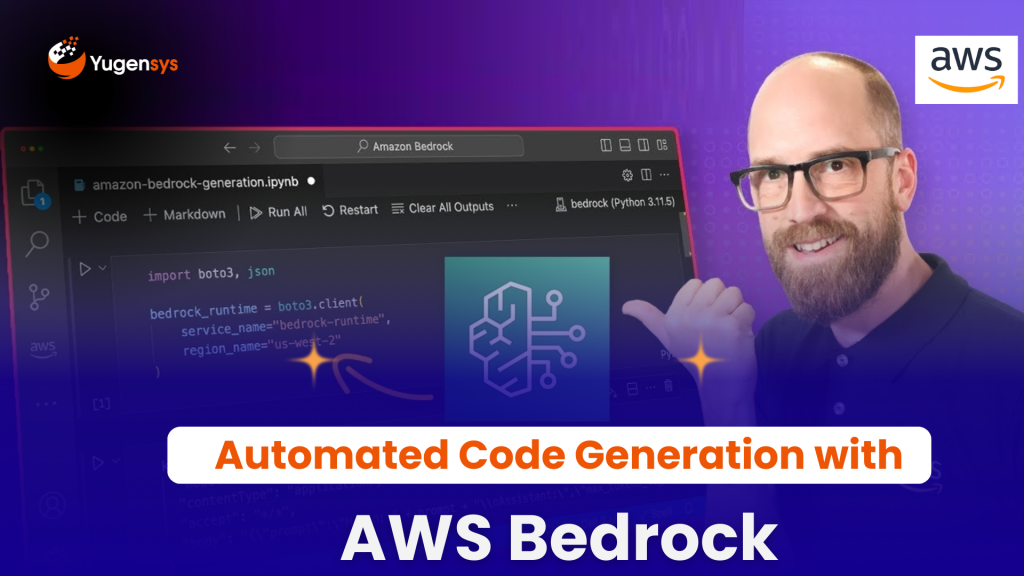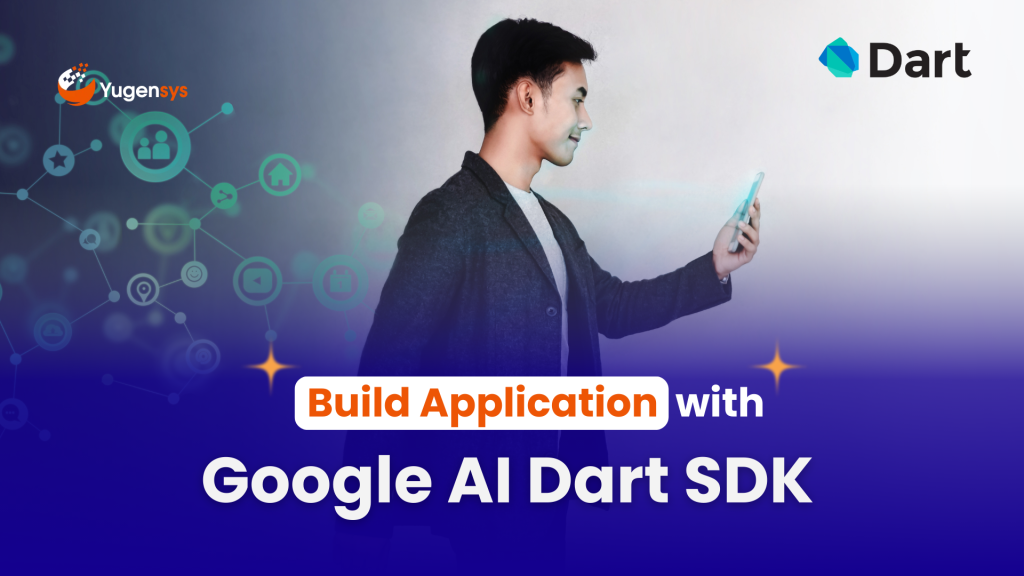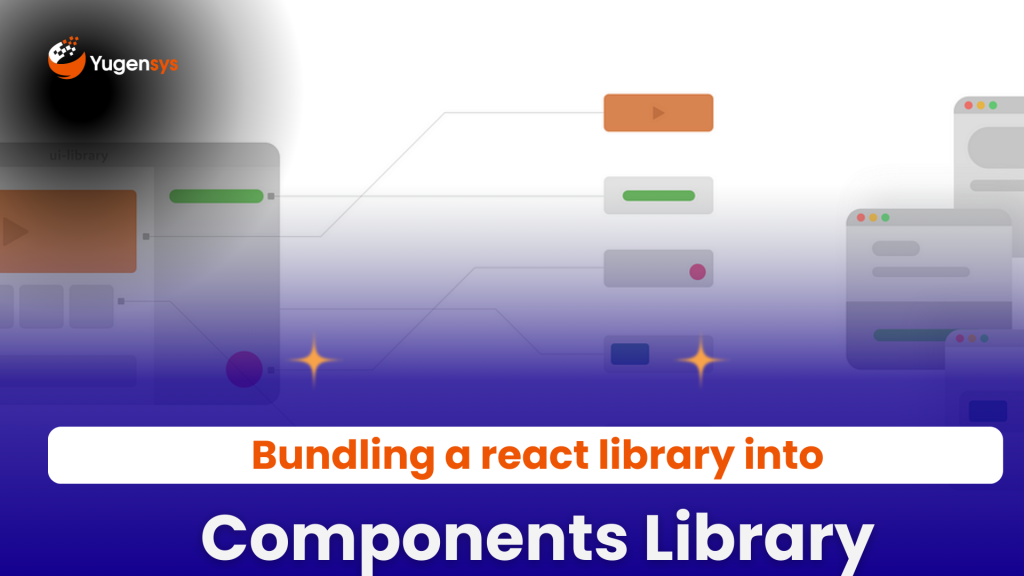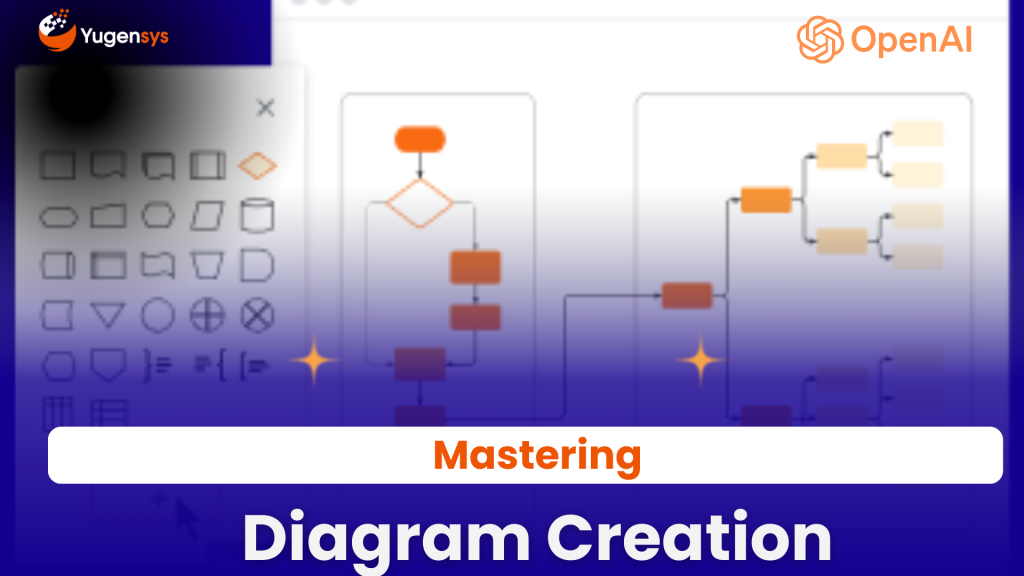From Data Pipelines to Intelligence Ecosystems: The Next Leap in AI Engineering
From Data Pipelines to Intelligence Ecosystems: The Next Leap in AI Engineering
Table of Contents
Introduction
For years, enterprises have been building data pipelines — systems designed to collect, clean, and move data from one point to another.
But as AI adoption matures, a quiet revolution is underway. The most forward-looking organizations are moving beyond pipelines and toward intelligence ecosystems — self-learning, interconnected architectures that don’t just transport data but transform it into continuous intelligence.
This shift represents the next great leap in AI engineering.
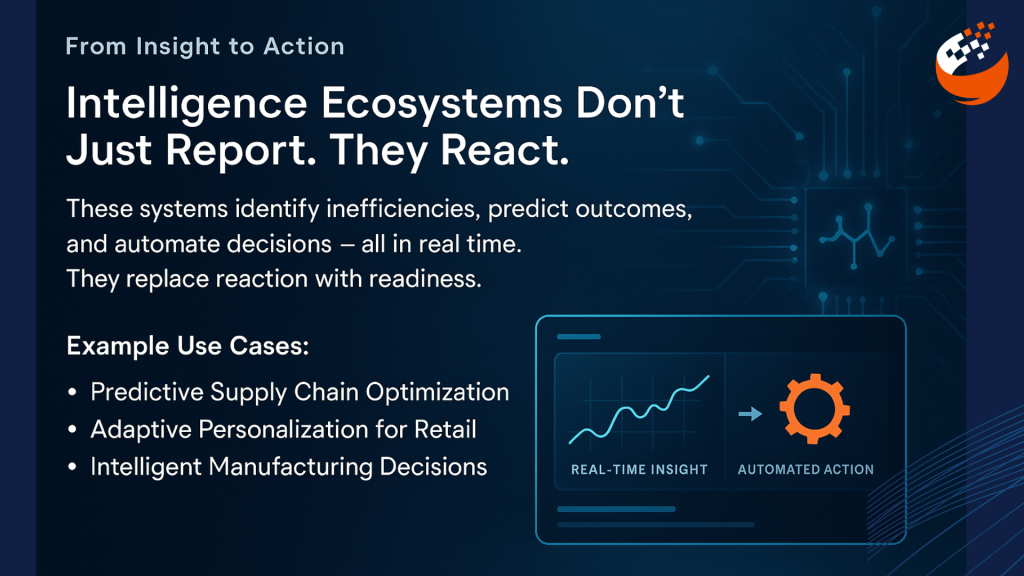
Why Traditional Data Pipelines Are No Longer Enough
Legacy data architectures were built for movement, not meaning.
They excel at transferring information, but they struggle with context, real-time insight, and decision adaptability — the three pillars of modern AI-driven business.
In a world where decisions need to be made at machine speed, static pipelines cannot keep up. The new demand is for systems that can:
Learn from feedback loops
React dynamically to new inputs
And enable predictive, even prescriptive, decision-making
That’s where intelligence ecosystems come in.
What Makes an Intelligence Ecosystem Different
An intelligence ecosystem is a living system — a fusion of data, analytics, and automation, all designed to feed intelligence back into operations.
It seamlessly integrates:
- AI-first data pipelines for contextual processing
- Machine Learning Ops (ML Ops) for continuous model refinement
- Predictive analytics for foresight
- Automation layers for instant action and adaptation
The result: an ecosystem that doesn’t just report what happened, but predicts what will happen and suggests what to do next.
At Yugensys
We’re building these ecosystems with an AI-centric architecture that connects the dots across data ingestion, model training, and deployment. Every interaction enriches the system, turning data into an evolving source of intelligence — not just a static asset.
The Real Impact — From Insight to Action
Intelligence ecosystems change the tempo of business.
They empower organizations to:
- Identify inefficiencies in real time
- Anticipate disruptions before they occur
- And make complex decisions autonomously, with confidence
For manufacturers, it means predictive supply chain optimization.
For media and retail, it means adaptive personalization in real time.
For enterprises, it means replacing reaction with readiness.
The Future of AI Engineering: Intelligent by Design
We are entering a new design era — one where AI is not a feature; it’s the foundation.
Just as cloud transformed infrastructure and mobile redefined access, intelligence ecosystems will reshape enterprise architecture itself.
Final Thoughts
The organizations that win this decade will not just use AI — they will build with it.
At Yugensys, that’s exactly what we’re engineering: systems that think, learn, and act — continuously.
As the Tech Co-Founder at Yugensys, I’m driven by a deep belief that technology is most powerful when it creates real, measurable impact.
At Yugensys, I lead our efforts in engineering intelligence into every layer of software development — from concept to code, and from data to decision.
With a focus on AI-driven innovation, product engineering, and digital transformation, my work revolves around helping global enterprises and startups accelerate growth through technology that truly performs.
Over the years, I’ve had the privilege of building and scaling teams that don’t just develop products — they craft solutions with purpose, precision, and performance.Our mission is simple yet bold: to turn ideas into intelligent systems that shape the future.
If you’re looking to extend your engineering capabilities or explore how AI and modern software architecture can amplify your business outcomes, let’s connect.At Yugensys, we build technology that doesn’t just adapt to change — it drives it.
Subscrible For Weekly Industry Updates and Yugensys Expert written Blogs


